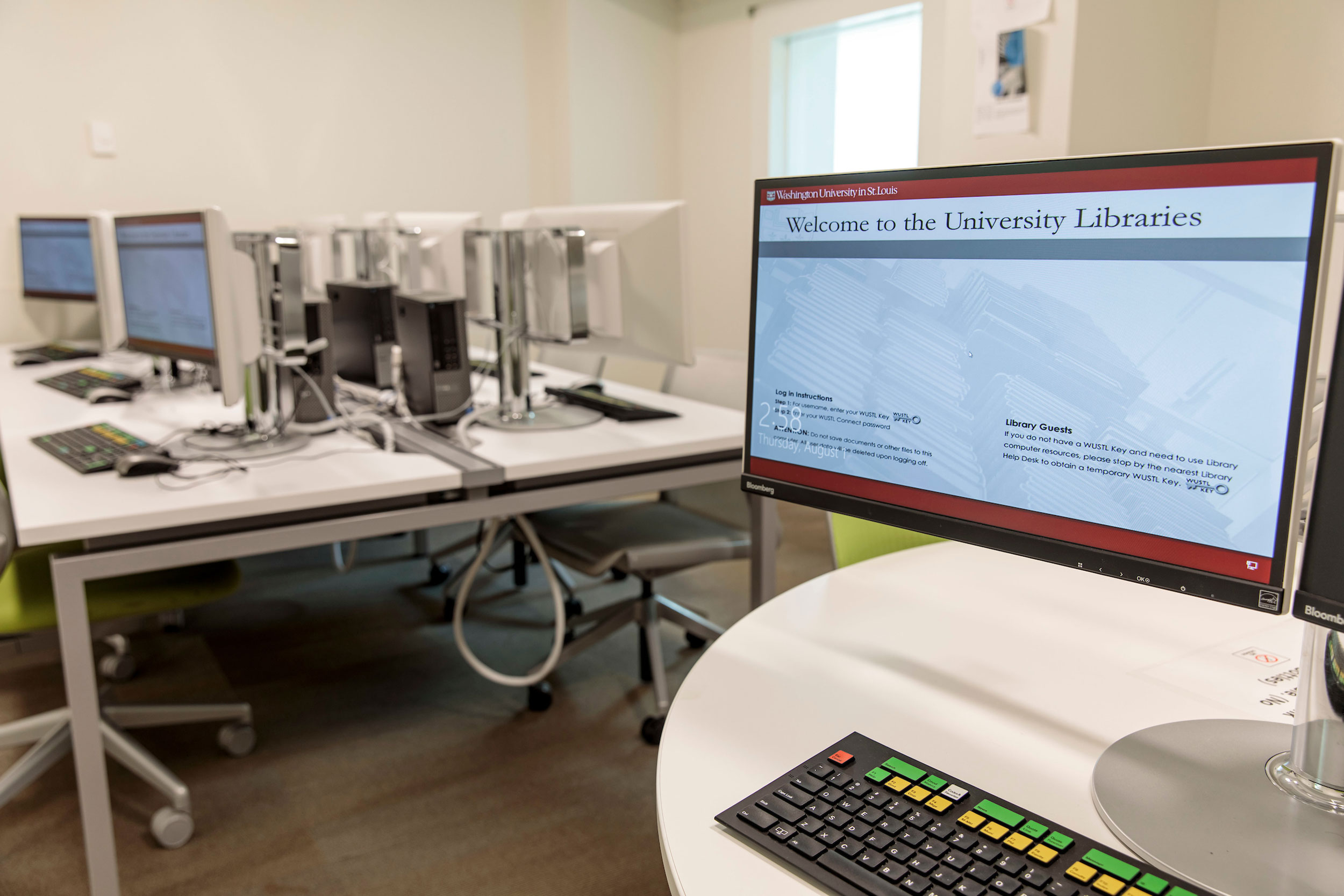
Federal Statistical Research Data Center to Open at Washington University
By Diane Toroian Keaggy, from The Source
Washington University in St. Louis researchers will soon have better access to important government data in economics, demography, urban and regional development, health care and other fields.

The U.S. Census Bureau has approved plans for a Federal Statistical Research Data Center (FSRDC) branch at Washington University, tentatively scheduled to open during the 2022-23 academic year. The university will operate the branch in partnership with three other local research institutions—the Federal Reserve Bank of St. Louis, Saint Louis University, and University of Missouri–St. Louis. Beverly Wendland, provost and executive vice chancellor for academic affairs, said the branch will advance research goals at the university and in the region.
“It will be a tremendous advantage to our researchers to have a Research Data Center branch on our campus,” Wendland said. “This is a wonderful opportunity for us to facilitate research productivity not only for our campus, but for the St. Louis community. This is a classic example of how WashU can support area scholars by hosting a branch locally and connecting them to powerful data.”
The branch will contain confidential microdata from the U.S. Census Bureau, Bureau of Labor Statistics, Bureau of Economic Analysis, National Center for Health Statistics and other federal agencies. Jennifer Lodge, vice chancellor for research, said many faculty members rely on high-quality government data to conduct their work.
“Access to these relatively rare data resources will help Washington University continue to attract and retain top research talent, especially in health and social sciences,” Lodge said.
University Libraries led the effort to bring a Research Data Center (RDC) to St. Louis and will operate the facility in partnership with Olin Business School. Denise Stephens, vice provost and university librarian, said the St. Louis Research Data Center is part of the libraries’ ongoing effort to expand faculty resources.
Currently, researchers must travel to the Kansas City Research Data Center at the Federal Reserve Bank of Kansas City or the University of Missouri Research Data Center in Columbia, Mo., to access secure government data. The St. Louis Research Data Center, a branch of the Kansas City Research Data Center, will be both more convenient and economical as researchers from Washington University, as well as the partner institutions, may access data at no charge.
“The Research Data Center here will be an important component of a growing research data infrastructure supporting research at Washington University and across the region,” Stephens said. “The coming center will promote accessibility to, and expert support for, highly detailed, controlled federal data relevant to many disciplines. This is an important step in building capacity to support the university’s evolving research programs and priorities.”
The facility will be located in the basement of Bauer Hall; Todd Milbourn, vice dean of faculty and research and the Hubert C. & Dorothy R. Moog Professor of Finance at Olin Business School, will oversee the center’s installation. He said university faculty members already have applied to study data pertaining to health inequality, child brain development, workforce financial stability and other topics in economics, finance and political science.
“In a world where data are everything, the Research Data Center will give WashU researchers access to U.S. microdata that cannot be accessed anywhere else,” Milbourn said. “Their data coverage spans the gamut of employee wages and demographics to health-care coverage and outcomes to firm characteristics and productivity. The data center will surely be a critical hub for students and faculty across the university to flesh out new insights that will guide both future policy and practice.”
Currently, there are 30 Federal Statistical Research Data Centers nationwide, each one meeting strict physical and information security requirements. The centers have the computing capacity and software to handle large data sets and complex calculations. Approved researchers from across the country can collaborate via the secure RDC computing environment. Because the data contain the personal information of Census respondents, the Census Bureau must approve all projects and requires all researchers to undergo training to obtain Special Sworn Status.
For more information about the Federal Statistical Research Data Center program, visit census.gov/fsrdc.
